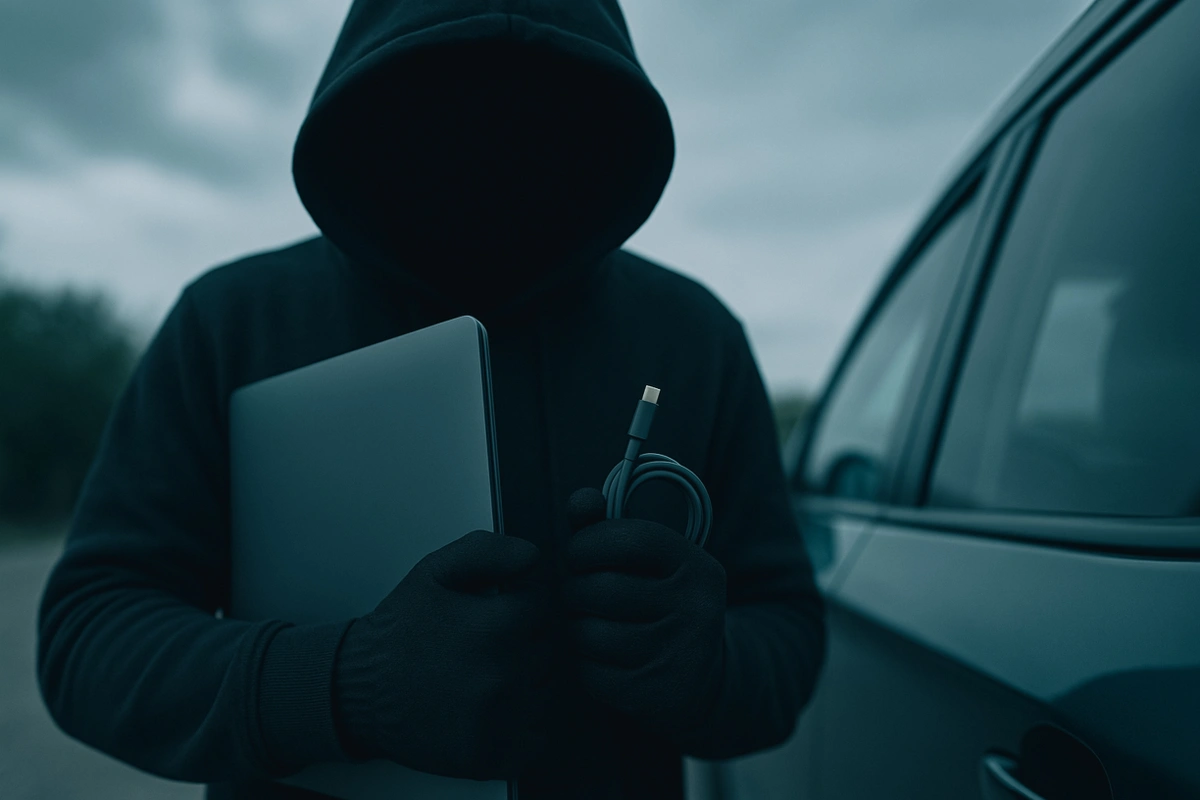All About Car Cloning Scams
Car cloning is one of the most dangerous types of vehicle fraud. It happens when criminals copy the Vehicle Identification Number (VIN) from a legitimate car and attach it to a stolen or illegal one. On the surface, the cloned car looks perfectly normal, but if you buy it, you could lose both your money and the car when the authorities seize it. Understanding how car cloning works—and how a VIN report can expose it—is the best way to protect yourself.
Enter the VIN below to instantly check for theft records, title issues, and suspicious activity:
What Is Car Cloning?
Car cloning is essentially identity theft for vehicles. Scammers take the VIN from a real, legally registered car and transfer it to another vehicle, often one that has been stolen. They then forge documents such as titles, license plates, and registrations so the fake identity appears genuine. This makes it easy for them to sell the cloned car to unsuspecting buyers.
How Criminals Pull It Off
Cloning scams are designed to trick even careful buyers. Here’s how they usually work:
- A criminal identifies a clean, legitimate vehicle and copies its VIN.
- The stolen car is altered with the fake VIN plate and matching paperwork.
- The car is listed for sale, often at a price slightly below market value to attract quick buyers.
- Once sold, the buyer thinks they own a legal car—until law enforcement discovers the fraud.
Warning Signs of a Cloned Car
While cloning is designed to be hard to spot, there are common red flags:
- Price that seems “too good to be true”
- Seller only accepts cash and avoids traceable payments
- Title or registration with errors, smudges, or inconsistent details
- VIN plate that looks tampered with or mismatched across car parts
- Seller unwilling to meet at their home, dealership, or a safe location
How a VIN Report Helps Detect Cloning
A professional VIN report is one of the most effective tools to uncover a cloned car. It can reveal:
- Theft history: If the car has been reported stolen anywhere in the country
- Title inconsistencies: Multiple registrations in different states in a short time
- Mileage anomalies: Odometer records that don’t line up
- Ownership history: Suspicious or frequent title transfers
Check the VIN in several locations—the dashboard, driver’s side door, and paperwork. If the numbers don’t match, or look tampered with, it’s a major red flag of cloning.
Protecting Yourself from Car Cloning Scams
To stay safe, follow a few best practices:
- Always run a VIN report before buying any used car
- Buy from reputable dealers instead of private cash-only sellers
- Verify that all VIN numbers match across the vehicle and documents
- Be cautious of prices far below market averages
Final Thoughts
Car cloning scams can turn what looks like a great deal into a financial disaster. By knowing how cloning works, spotting the warning signs, and using a VIN report, you can protect yourself and make sure the car you’re buying is truly legitimate.
Disclaimer: This article is for informational purposes only and does not replace legal or professional advice. Always confirm vehicle details with a VIN report and consult trusted experts if you suspect fraud.
